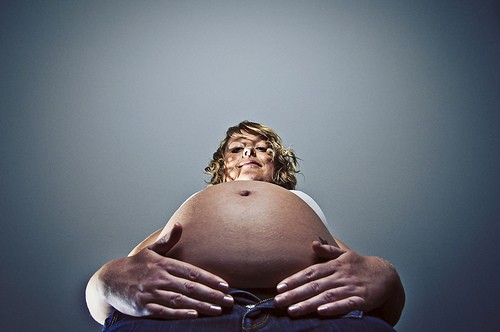Moderate Drinking Greatly Reduces the Odds of Successful In-Vitro Fertilization
Scientists who study in-vitro fertilization (IVF) say that couples who consume even very moderate quantities of alcohol reduce their chances of a successful live birth by as much as 25%.
Alcohol's influence on fertility remains only very partially understood; so to learn more about how moderate drinking affects fertility, researchers at Harvard University used questionnaires to compile alcohol consumption information on 2574 couples about to attempt IVF, and then followed up with each couple to learn the outcome of the IVF.
They found that:
- Men who consumed 6 UK units of alcohol per week (about a half bottle of wine) were 14% less likely to father a child
- Women who consumed 6 UK units of alcohol per week were 18% less likely to get pregnant
- Women who drank between 1 and 9 UK units of white wine per week (just under a full bottle of wine) had a 24% reduced chance of a successful live birth
- Men who drank a beer or more per day were 38% less likely to participate in a successful embryonic implantation and 30% less likely to father a child
Curiously, women who drank white wine and men who preferred beer suffered the greatest fertility deficits.
The researchers suggest that since sperm and eggs can take up to 3 months to develop in the body, that couples seeking to become pregnant through IVF abstain from alcohol from well before the initiation of the therapy.
Women can increase their odds of a successful live birth by avoiding alcohol, but they may also improve their fertility through a positive mental outlook.
Another study released this week, out of the Domar Centre in Boston, shows that women using IVF can significantly improve their chances of a successful pregnancy through participation in mind-body exercises, such as relaxation training and cognitive behavioral therapy.
The research findings from both studies were presented at the annual meeting of the American Society for Reproductive Medicine in Atlanta.


